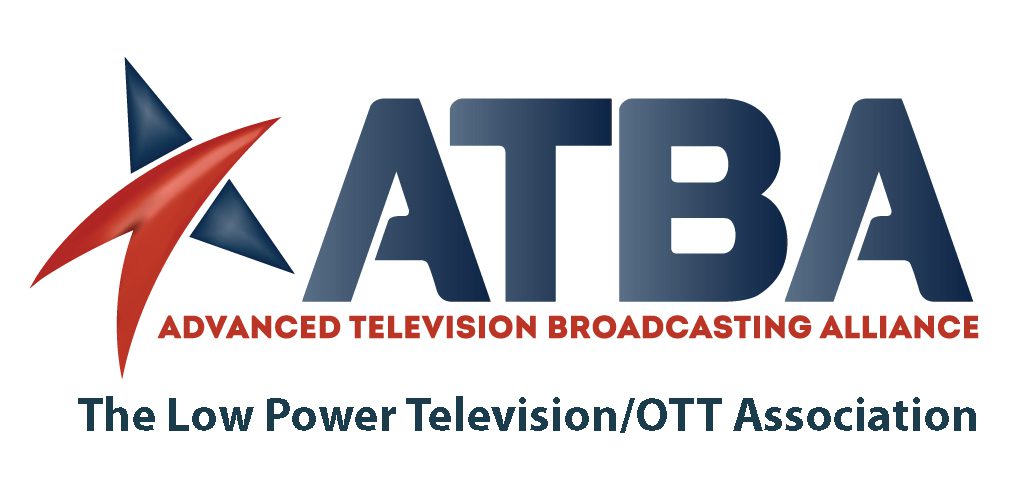In the evolving landscape of U.S. business regulations, the 2021 Corporate Transparency Act (CTA) marks a significant shift. Originally established to counteract money laundering and the misuse of shell companies, the CTA has implications for a broad range of industries, including the low power television (LPTV) sector.
As background, the CTA mandates that most U.S. businesses, along with certain foreign entities, disclose beneficial ownership information to the federal government. This initiative, spearheaded by the Financial Crimes Enforcement Network (FinCEN), is part of a larger effort to increase corporate accountability and transparency.
Understanding the CTA’s Implications for LPTV
The LPTV industry, characterized by its niche broadcasting and community-focused content, might not initially seem like a primary target of the CTA. However, the act’s broad scope means that LPTV stations, like many other small and medium-sized enterprises, must comply with its reporting requirements.
- Who Needs to Report?
- Entities operating in the LPTV sector need to assess whether they fall under the category of reporting companies as defined by the CTA. This includes entities formed or registered to do business in the U.S. by filing a document with a state authority.
- Exemptions exist, but they are primarily for larger, regulated companies. LPTV stations, particularly smaller or independently operated ones, are likely to be non-exempt.
- What Information is Required?
- Reporting companies must identify their beneficial owners, defined as individuals with at least 25% ownership or substantial control over the company.
- This includes detailed personal information, such as full legal names, dates of birth, residential addresses, and identification numbers.
- When and How to Report?
- Compliance deadlines vary depending on when the company was established. For existing companies as of January 1, 2024, the deadline is January 1, 2025. New companies have different reporting timelines.
- Reporting is done electronically via the BOI E-Filing System on FinCEN’s website.
- Understanding the Stakes
- Non-compliance can lead to significant civil and criminal penalties. For the LPTV industry, this underscores the need for diligent record-keeping and timely reporting.
Practical Steps for LPTV Stations
- Assessment: Each LPTV station must evaluate its status under the CTA and determine its reporting obligations.
- Information Gathering: Collect and maintain up-to-date information on beneficial owners.
- Compliance Strategy: Develop a compliance protocol to ensure timely and accurate reporting.
- Consultation: Seek legal advice, especially when there are uncertainties about the interpretation of the act’s requirements.
The CTA, while primarily aimed at preventing illicit activities, has broader implications for businesses across various sectors, including LPTV. Understanding and adhering to its requirements is crucial for legal compliance and operational continuity in the LPTV industry. For more details on the CTA and its impact, visit FinCEN’s BOI FAQ page and BOI E-Filing System.
For further guidance specific to the LPTV industry, contact your attorney.
